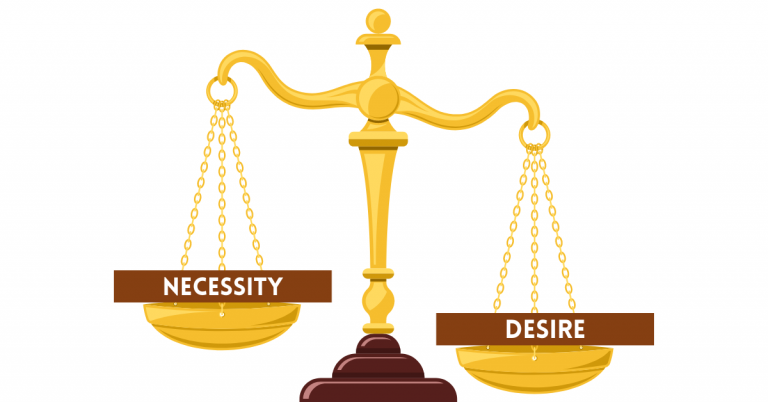Polygamy in Islam

A Regulated Path to Social Justice and Family Stability
When Islam emerged in a society where marital relationships were often unregulated, and men could marry without limit—sometimes dozens of wives—it did not aim merely to restrict numbers. Rather, it sought to restructure the family system based on justice, mercy, and responsibility. Polygamy was not invented by Islam; it existed long before, but without boundaries or ethical constraints. Islam came to set a maximum limit, impose conditions, and transform polygamy from a chaotic practice into a regulated social framework that serves moral and humanitarian purposes.
The first rationale for permitting polygamy lies in acknowledging human nature. The desire for multiple partners may stem from psychological, social, or biological factors. Islam does not deny this instinct; instead, it channels it within a disciplined framework. Second, polygamy offers solutions to persistent social challenges such as widowhood, spinsterhood, and gender imbalances—especially in post-war societies—where it can protect women from vulnerability and provide them with stable homes and dignified family life. Third, it serves as a safeguard against immorality. For men who cannot be content with one wife, polygamy offers a lawful path to preserve chastity and avoid illicit relationships. Fourth, it honors divorced or widowed women, especially those still young, by giving them a renewed opportunity for companionship and security. Fifth, it can be a compassionate solution in cases of infertility or marital incompatibility, allowing a man to seek children or emotional fulfillment without abandoning or harming his first wife.
However, Islam does not permit polygamy unconditionally. It requires two essential criteria: financial and physical capability, and absolute justice among wives. Justice is not a vague sentiment—it is a tangible commitment to fairness in spending, housing, time, and treatment. If a man fears he cannot uphold justice, Islam commands him to marry only one, because injustice in marriage is among the gravest of wrongs. This demonstrates that polygamy in Islam is not an unrestricted right, but a conditional allowance granted to those who can fulfill its ethical demands.
Scholars have debated whether polygamy is a normative principle or an exceptional provision. Some argue it is a default option for capable men, citing the Prophet Muhammad ﷺ who had multiple wives. Others view monogamy as the norm, with polygamy permitted in cases of necessity. Yet all agree that polygamy must be governed by justice and cannot be used for vanity or indulgence—it is a serious responsibility requiring wisdom and fairness.
Thus, it becomes clear that the Islamic legislation of polygamy was not arbitrary. It was designed to address real social needs, uphold human dignity, and regulate family life in a way that balances individual rights with communal harmony. Islam approached this issue with wisdom—combining permissibility with regulation, instinct with ethics, and rights with duties—to offer a balanced model of marital relationships that respects reality while preserving values.